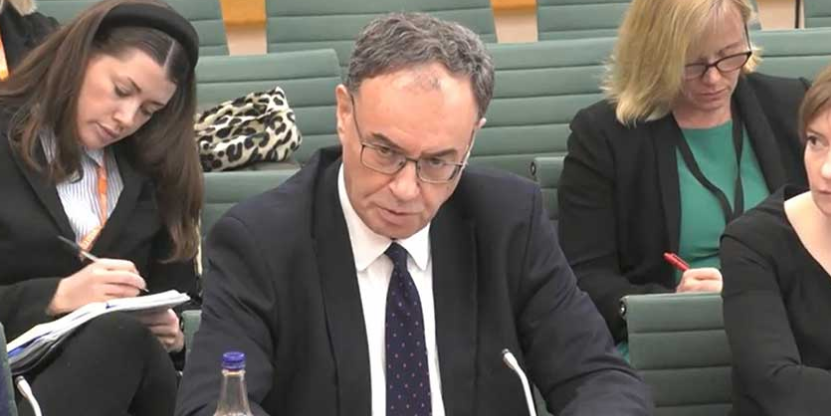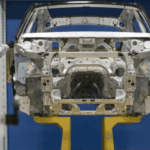Bank of England Governor Andrew Bailey has called for a renewed push to repair trade relations with the European Union, warning that the lingering effects of Brexit continue to hamper the UK’s economic performance.
Bailey’s comments, made in an interview with the BBC, come just days ahead of a high-stakes UK-EU summit in London. Prime Minister Keir Starmer is expected to unveil a new strategic partnership aimed at resetting relations with the bloc and reviving long-term trade flows.
“Having a more open economy to trade with the European Union … would be beneficial,” Bailey said. “There has been a fall-off in goods trade with the EU over recent years, and we must ensure Brexit doesn’t continue to damage the UK’s trade position.”
Though he stopped short of directly criticising Brexit, Bailey acknowledged that restoring some of the economic links lost in the aftermath of the UK’s departure from the EU would support growth, particularly as the UK looks to strengthen its global trade presence.
The Governor’s comments follow the announcement of two major trade deals: a long-awaited agreement with India and a fresh pact with the United States. Starmer described the India deal as a “landmark agreement” expected to add £4.8 billion to the UK economy by 2040.
Bailey welcomed recent trade diplomacy, saying the UK’s ability to sign bilateral deals sends a positive message about its commitment to open markets. “Trade deals can be done, and trade is important,” he said. “It’s good news in a world where the effective tariff rate is higher than it was before all of this started.”
Despite progress on international fronts, many UK exporters still face elevated tariffs under the United States’ current trade regime. The UK-US agreement, while cutting some duties on cars and steel, leaves most tariffs above pre-2024 levels.
Speaking at an economics conference in Iceland, Bailey also addressed broader economic pressures, warning that the global economy remains fragile amid rising protectionism and geopolitical tensions. Domestically, the UK economy is under strain from high taxes and weak consumer spending.
While the Bank of England cut interest rates to 4.25% on Thursday, it signalled caution over further reductions, citing inflationary risks. With inflation currently at 2.6% and forecast to rise later in the year, the Bank’s Monetary Policy Committee is hesitant to ease policy further.
Business groups and unions have pushed back against the Bank’s restrained approach. The British Chambers of Commerce warned that firms are struggling under the combined pressure of trade uncertainty and domestic fiscal tightening. The Trades Union Congress also called for faster action to reduce borrowing costs for working families.
Bailey’s remarks ahead of the London summit add weight to growing calls for a more pragmatic relationship with the EU. “We must not let political difficulty stand in the way of long-term prosperity,” he said. “This is a moment for pragmatism and rebuilding.”










